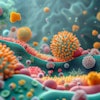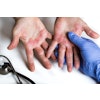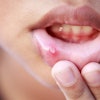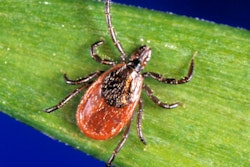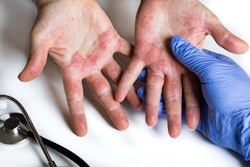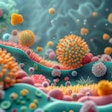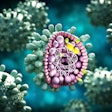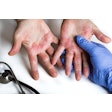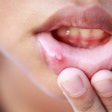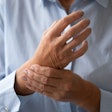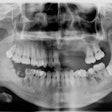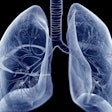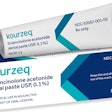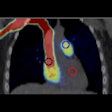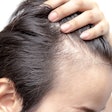Dental products, including fluoride gels and bone grafts, may trigger a potentially life-threatening reaction with a syndrome that often arises from a tick bite, according to a review published on May 15 in the Journal of the American Dental Association.
Alpha-gal syndrome (AGS), which is predominately transmitted from the bite of the lone star tick, can cause hypersensitivity reactions when exposed to red meat and some medical and dental products, resulting in problems that range from skin problems to anaphylaxis, the authors wrote.
“Oral health care providers should be knowledgeable about the salient features of AGS and perform a thorough review of an affected patient’s diagnosis, triggering events, associated adverse incidents, and therapeutic measures used,” wrote the authors, led by Dr. John Brooks, a clinical professor in the department of oncology and diagnostic sciences at the University of Maryland School of Dentistry in Baltimore.
Between 2010 and 2022, more than 110,000 suspected cases of AGS, which causes allergic reactions when people eat red meat or are exposed to products made from mammals, occurred in the U.S., according to a report from the U.S. Centers for Disease Control and Prevention (CDC).
However, the actual number of U.S. cases is not known, since AGS cases are not nationally notifiable to the CDC.
Though the bite of the lone star tick has been primarily associated with AGS in the U.S., other ticks have not been ruled out. Cases of AGS are most reported in the South, East, and Central states, according to the CDC.
Currently, there are five reported cases of AGS with sequelae linked to the use of dental products. Four of the cases involve patients administered animal-based hemostatic agents, and one involved a patient who received doxycycline that was enclosed in animal-based gelatin capsules, the authors wrote.
In addition to those products, alpha gal-like epitopes, which are specific parts of an antigen recognized by the immune system, can be found in the following dental products:
- Artificial saliva substitutes
- Bone and gingival graft materials
- Chlorhexidine gluconate mouth rinse
- Collagen dermal fillers
- Fluoride supplements
- Gelatin capsules
- Mouth rinses
- Prophylaxis paste
- Suture materials
- Toothpastes
- Tooth-whitening gels
Before initiating dental care, dentists should consult with a patient’s allergist or immunologist to learn more about the person’s AGS status and whether it would be more appropriate to conduct treatment in a hospital, the authors wrote.
“To reduce the onset of a hypersensitivity reaction, attending clinicians must maintain strict avoidance of the use of pharmaceuticals and medical or dental products that express AG epitopes,” Brooks and colleagues wrote.

